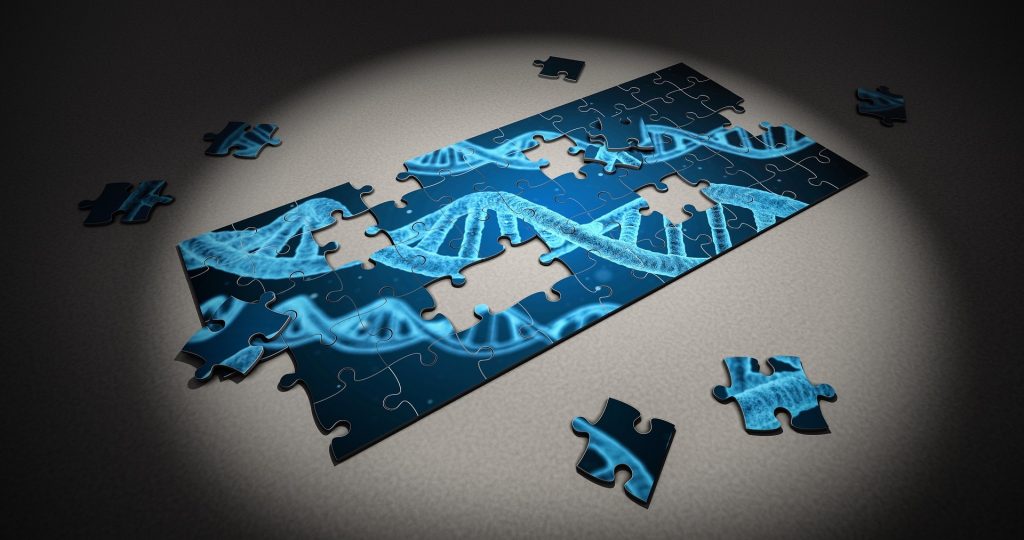Definition
Gitelman Syndrome is a rare salt-losing tubulopathy characterized by hipokalemic metabolic alkalosis with hypomagnesemia and hypocalciuria. The disease is recessively inherited and is caused by mutations in the SLC12A3 genes encoding the thiazide sensitive sodium-chloride co-transporter (NCC)

Why to perform genetic testing in cases with suspected GS
- To confirm the diagnosis
- To better perform risk stratification and prognosis
- To identify other relatives at risk to develop the disease
- To enable the possibility of eventual future gene therapy
Our GS panel
CLCNKB, HNF1B, KCNJ10, SLC12A3
Important: All our panels can be modified based on the phenotype. Please contact us if you have questions
What to expect from this test: Patients with suspected GS have a yield of the genetic test of 65-85%
Recommended Literature
- Bartter Syndrome and Gitelman Syndrome. Fulchiero R, Seo-Mayer P. Pediatr Clin North Am. 2019 Feb;66(1):121-134.
- Gitelman syndrome: consensus and guidance from a Kidney Disease: Improving Global Outcomes (KDIGO) Controversies Conference. Blanchard A., et al., Kidney Int. 2017 Jan;91(1):24-33.
Download here interesting open access manuscripts on GS


